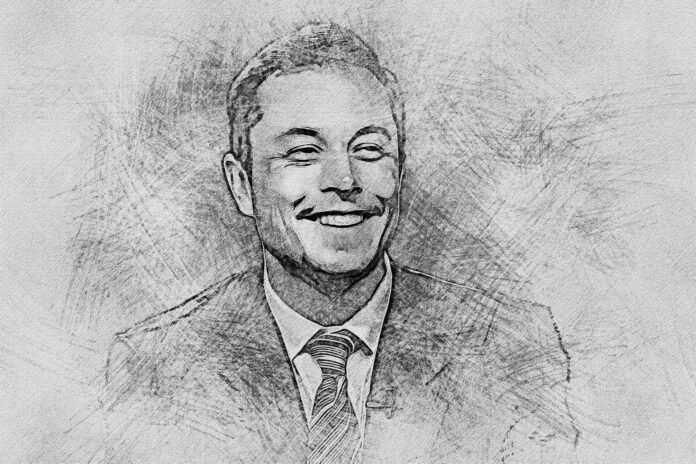Tesla’s autopilot function will face its first stern tests in court with two upcoming trials set to determine the future of automated driving and where the responsibility for accidents is to lie.
Since vehicles first started taking to the roads without a driver present experts in ethics and law have debated on just who might be to blame in the event of an accident. Traditionally, the driver and owner of a vehicle are seen to be at blame for any accident that happens when they are behind the wheel. Automotive manufacturers have always argued that it is the obligation of the driver to maintain the vehicle at peak condition and to drive it in such a way that it is safe, and thus far this has held up in court.
The new situation, which removes the hands-on-input of the driver now asks the question, is the owner to blame when the accident was likely caused by software or hardware issues developed in the factory? If a car makes a decision that kills someone is it the owner who set the vehicle on its current destination who takes the blame, or the people who built it in the first place? And just who is responsible for ensuring the vehicle’s software is constantly downloaded and errors and bugs removed?
The first trial, a civil lawsuit, is set to commence in mid-September within the hallowed halls of a California state court. At its heart lies a tragic incident from 2019, where Micah Lee, at the helm of his Model 3, witnessed his vehicle inexplicably swerve off a California highway east of Los Angeles. Tragically, the car, allegedly sold by Tesla with defective safety systems, careened into a palm tree and erupted in flames. Lee lost his life, while his passengers, including an 8-year-old child, sustained grave injuries. The lawsuit squarely points the finger at Tesla’s autopilot system as the culprit.
In the second trial, scheduled for October in a Florida state court, a similar grim tale emerges from the annals of 2019. Stephen Banner’s Model 3 found itself beneath an 18-wheeler behemoth, resulting in the vehicle’s roof being sheared off and the owner losing his life. Tesla, however, vehemently denies culpability in both incidents, asserting that driver error shoulders the blame. According to the electric vehicle manufacturer, despite the names ‘Autopilot’ and ‘Full Self-Driving,’ their technology necessitates human oversight.
Elon Musk’s company steadfastly maintains that there are no fully self-driving cars on the roads today. Furthermore, in the Lee case, Tesla alleges that Micah Lee was under the influence of alcohol at the time of the incident.
Reuters, a prominent news agency, reports that these impending civil trials are poised to unveil fresh evidence regarding what Tesla and its maverick CEO Elon Musk knew about the capabilities and shortcomings of the Autopilot feature. It’s a revelation that could prove pivotal in shaping public perception of Tesla’s autonomous driving technology.
Earlier in April, Tesla secured victory in a bellwether trial – a preliminary case selected from a larger pool of similar claims. The company argued successfully that it had diligently informed its drivers that, despite the names’ suggestive connotations, Autopilot necessitates human vigilance.
Legal experts closely following these upcoming cases suggest that Tesla faces a high-stakes gamble. Matthew Wansley, former General Counsel at nuTonomy and presently an Associate Professor of Law at the Cardozo School of Law, posits that if Tesla prevails in these trials, it could significantly improve its standing in other pending cases, potentially leading to more favourable settlements.
Bryant Walker Smith, a distinguished law professor at the University of South Carolina, was quoted by Reuters warning that a substantial loss for Tesla, particularly if accompanied by substantial damages, could fundamentally reshape the narrative surrounding the company’s autonomous driving ambitions. The road ahead for Tesla seems fraught with legal twists and turns, where the outcome could reverberate through the entire automotive industry.


